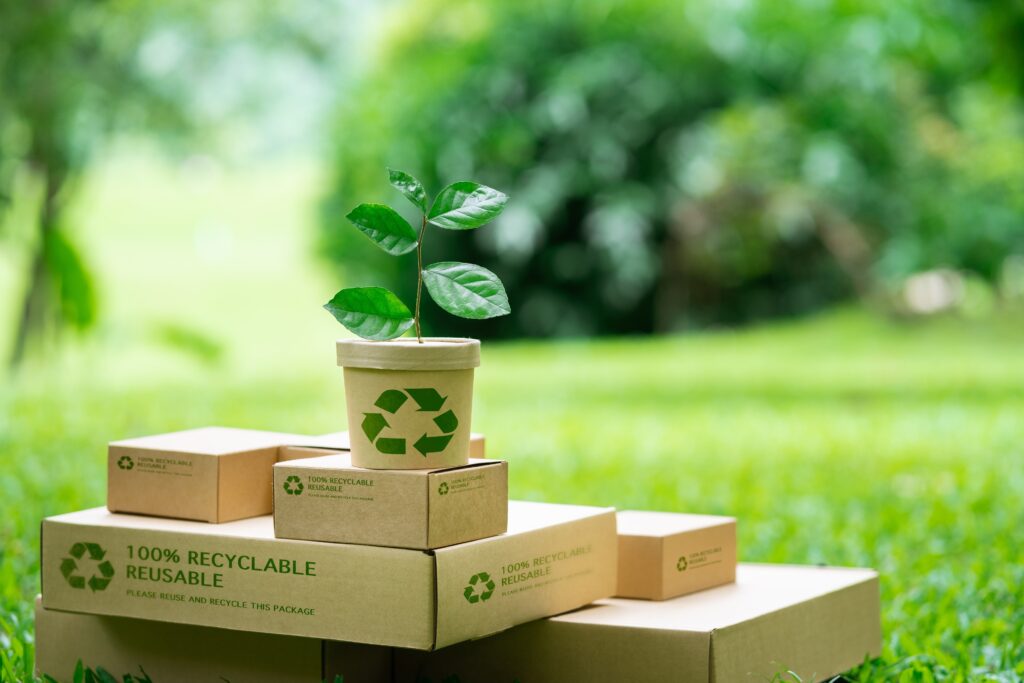Background
Today, synthetic fossil-based polymers are widely used in various packaging and adhesive applications. The COCOBIN project aims to reduce the carbon footprint of dispersion coatings, adhesives and binders, and increase their recyclability and minimize waste by developing biobased multicomponent materials.
COCOBIN will explore and pilot the use of various natural waxes and polyesters together with cellulose and hemicellulose materials for coatings and adhesives in fiber-packaging, textiles and abrasive materials. The project focuses on the performance and properties of biobased dispersion coatings and adhesives, as well as challenges related to the availability and cost of raw materials, which still limit the large-scale use of biobased materials. Additionally, the project examines the lifecycle and environmental impacts of new materials.
Objectives
- Enable biobased materials to become competitive alternatives for dispersion and composite formulations in the markets currently dominated by fossil-based polymers.
- Develop unique formulations of novel, industrially available green polyesters, waxes and oils, and bioadditives (content of biobased raw materials >80%) to integrate the desired characteristics of various bio-compounds (biopolymers, binders, surfactants, etc.), and to obtain technically feasible, competitive, and sustainable coating and adhesive formulations.
- Develop novel approaches based on high intensity/high shear mixing to improve the dispersion characteristics.
- Screen feasible approaches for synthesis of dispersant from hemicellulose and nanocelluloses, with focus on new hybrids with suberin and controlled copolymerization.
- Obtain hemicellulose-latexes with biobased content near to 100%. Dispersing mechanisms of biobased dispersants will also be revealed in-depth to better understand their property-performance relationships.
- Develop a novel purely mechanical thin plate gap fibrillation process that has already proven to be feasible approach to produce high quality nanocellulose (MFC) at relatively low energy consumption and has a construction that can potentially be up scaled to industrial production.
- The project also develops innovative biopolymeric adhesives and binders from hemicelluloses, tannins, bark polyphenols, biobased acrylics and PU, and functionalized nanocelluloses.
Partners
The industry partners within COCOBIN include KCL, Metsä Board, Mirka, UPM-Kymmene, Valmet, Kemira, CH-Polymers, and CH-Bioforce. The research partners include University of Oulu, Tampere University, the University of Eastern Finland, LUT University, VTT Technical Research Centre, the Natural Resources Institute Finland (LUKE), and Åbo Akademi University.
The project is part of three Business Finland Veturi programs: Valmet’s Beyond Circularity, Mirka’s Shape, and Metsä Board’s ExpandFibre programs.
Read more about the project from press release.
Contact
Aila Maijanen
Head of Bioeconomy, currently also Executive Officer for IBC Finland ry
Tel. +358 50 375 1182
aila.maijanen(at)clicinnovation.fi

